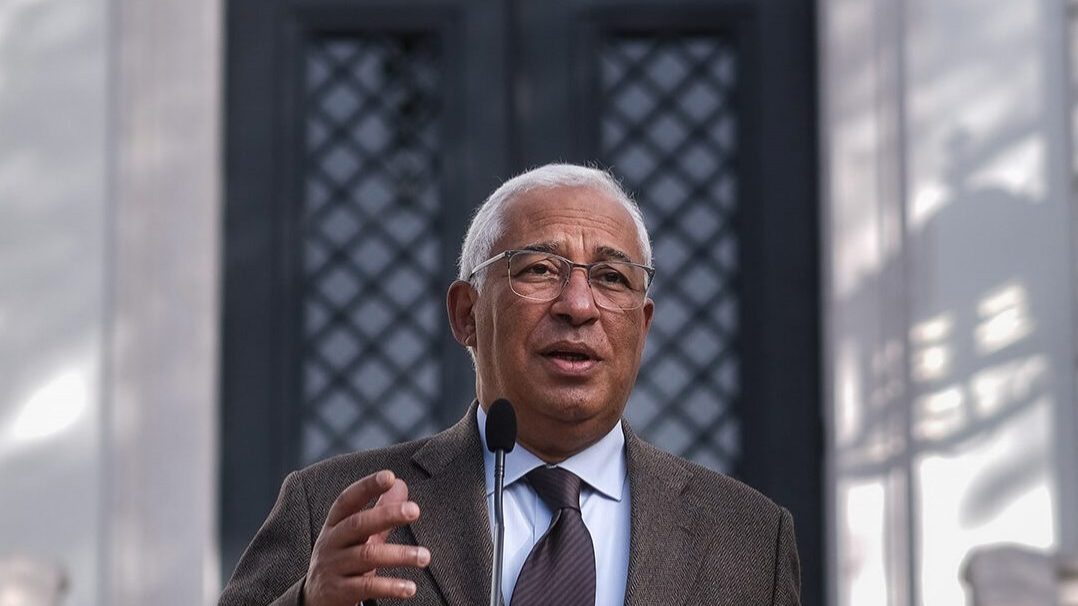TAP enquiry approves immediate hearing of infrastructure minister
MPs unanimously approved a request by the Liberal Initiative Party for the "immediate hearing of the minister of infrastructures", bringing forward the previously scheduled one.
The Portuguese parliamentary committee of enquiry into TAP on Wednesday approved the IL proposal for the “immediate hearing” of the minister João Galamba, and also decided to hear the exonerated deputy, Frederico Pinheiro, and the head of the infrastructure minister’s office.
At today’s meeting, before the hearing of the directorate general of treasury and finance (DGTF), MPs unanimously approved a request by the Liberal Initiative Party (IL) for the “immediate hearing of the minister of infrastructures”, bringing forward the previously scheduled one.
The IL justifies the request with “the news broadcast by several media in recent hours, about the dismissal of the deputy of the minister of infrastructures, Frederico Pinheiro, which gave rise to accusations from the latter” that the party “considers to be extremely serious”, and related to the object of the commission of enquiry.
In today’s meeting the PSD (Social Democrat) and right-wing Chega request for the hearing of Frederico Pinheiro, as well as the chief of staff of João Galamba, Maria Eugénia Cabaço, the latter at the request of Chega, was also approved.
During the discussion period of this request, the chairman of the TAP enquiry committee, Jorge Seguro Sanches, said that there has been a principle of hearing former government members and governors “according to the time slot”, i.e. these are usually the last hearings.
Seguro Sanches also noted an issue that had been debated, which was the availability expressed to the commission of enquiry by former secretary of state Hugo Mendes to be heard earlier in this commission, explaining that there was no consensus for the principle to be changed, and therefore there was no bringing forward this hearing.
In the period of discussion of the requests, the Left Bloc’s request for “documents and/or files classified by the national security office, as well as the remaining documents/files related to TAP, kept in the service computer of the deputy of the minister of infrastructures, Frederico Pinheiro,” was unanimously approved.
When she presented this request, Mariana Mortágua explained that “without drama” the objective is only one: “to understand if there is information in that computer that could be useful to this commission of enquiry”.
For the PS, also in the same “no drama” vein, socialist Bruno Aragão explained that his question was practical and operational, and that he needed to know how it would be resolved from the “legal point of view” in terms of to whom the request would be made.
Chega, through MP Filipe Melo, defended that it was up to MPs to “vote on the request”, and that the table “knows who it asks” for the documents, and asked that “problems should not be created where they do not exist”.
The chairman, Jorge Seguro Sanches, also said that the court had rejected two requests from the committee to lift professional secrecy relating to two law firms and that the committee’s services are trying to find a solution since the hearings of these entities are approved.
On Tuesday night, Portugal’s president Marcelo Rebelo de Sousa expressed his disagreement regarding the decision of the head of government, António Costa, to keep João Galamba as minister of infrastructures, saying in a written statement that “he disagrees with the latter’s position regarding the political reading of the facts and the resulting perception of them by the Portuguese, in terms of the prestige of the institutions that govern them” and stressing that “he cannot exonerate a member of the government without a proposal from the prime minister”.
António Costa considered that he could not impute “any fault” to João Galamba and repeated the word “conscience” twenty times to justify his decision, for which he held himself “exclusively” responsible, admitting that he was probably acting against the opinion of the majority of the Portuguese and certainly of the commentators.
António Costa’s decision was announced about half an hour after the minister of infrastructures released a statement informing that “in the current framework of perception created in public opinion” he had submitted his resignation request to the prime minister, “for the sake of the necessary institutional tranquility”.
The case involved allegations against Frederico Pinheiro for physical violence at the ministry of infrastructures and theft of a laptop, after he had been dismissed, and the controversy increased when the intervention of the intelligence and security service (SIS) in the recovery of the computer was reported.


